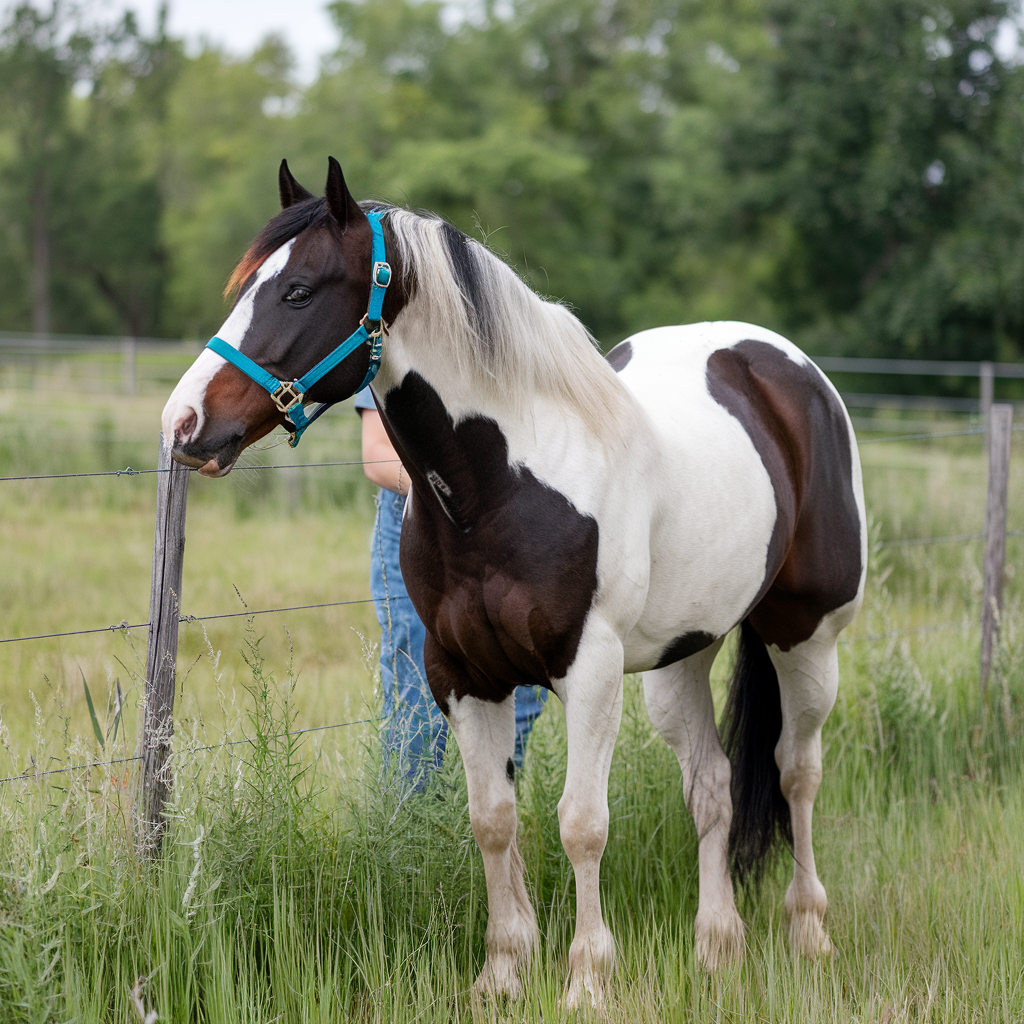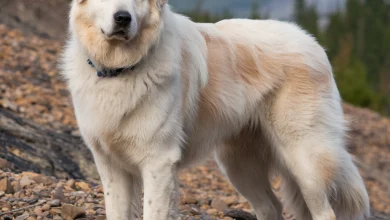Horse Haven: A Guide to Keeping Horses as Pets

Horses, with their majestic presence, powerful builds, and gentle eyes, are more than just animals; they are companions, workers, and friends. Keeping a horse as a pet is a rewarding experience, but it requires significant commitment, time, and resources. Here’s everything you need to know about keeping horses as pets and ensuring they live a happy, healthy life under your care.
Why Horses Make Great Pets
- Loyal Companions
- Horses form deep bonds with their owners. They are highly intelligent animals with strong memories, recognizing their human companions and responding to their emotions. A horse can become a lifelong friend, providing unwavering companionship and trust.
- Outdoor Activity
- Horses encourage an active lifestyle. Whether it’s riding, grooming, or simply spending time outdoors, horses provide ample opportunities to enjoy the fresh air and stay physically active.
- Therapeutic Benefits
- Horses are often used in therapeutic settings due to their calming presence. Spending time with a horse can reduce stress, improve mental well-being, and help build confidence.
- Long-Term Commitment
- Horses can live 25-30 years or longer with proper care, making them a long-term commitment that brings years of joy and fulfillment. Owning a horse is a serious responsibility, but the rewards are immense.
Choosing the Right Horse
Selecting the right horse for your lifestyle is crucial. Here are some popular horse breeds and their characteristics:
1. Arabian
- Elegant and Spirited: Arabians are known for their endurance, intelligence, and distinctively dished faces. They are ideal for experienced riders who appreciate a horse with energy and spirit.
- Best For: Endurance riding, showmanship, and companionship.
2. Quarter Horse
- Versatile and Calm: The Quarter Horse is one of the most popular breeds in the United States, known for its versatility and calm temperament. It excels in various disciplines, from trail riding to ranch work.
- Best For: Beginners to advanced riders, working roles, and recreational riding.
3. Thoroughbred
- Fast and Athletic: Thoroughbreds are best known for their speed and agility, often seen in racing and jumping sports. They require experienced handling due to their high energy levels.
- Best For: Racing, eventing, and jumping.
4. Shetland Pony
- Small and Strong: Shetland Ponies are small but incredibly strong and hardy. They are excellent for children and are often used in teaching young riders.
- Best For: Children’s riding, light work, and as companion animals.
Setting Up a Horse-Friendly Environment
- Adequate Space and Shelter
- Horses need plenty of space to roam and graze. A minimum of 1-2 acres per horse is recommended to provide adequate grazing and exercise space. A sturdy, weather-resistant shelter is essential to protect your horse from the elements.
- Safe Fencing
- Fencing is crucial in a horse’s environment. Choose strong, durable fencing materials such as wood or electric fencing. The fencing should be high enough to prevent jumping and strong enough to withstand the horse’s weight if they lean on it.
- Pasture Management
- Proper pasture management is key to maintaining your horse’s health. Rotate grazing areas to prevent overgrazing, remove poisonous plants, and provide access to fresh water at all times.
- Stabling
- If stabling your horse, ensure the stall is clean, dry, and well-ventilated. Stalls should be spacious enough for the horse to lie down comfortably and turn around. Regular cleaning is necessary to maintain hygiene and prevent respiratory issues.
Daily Care and Maintenance
- Feeding
- Horses require a balanced diet consisting of quality hay, fresh grass, and grains. The exact amount depends on the horse’s size, age, and activity level. Fresh water should be available at all times, and a salt or mineral block can help meet their nutritional needs.
- Grooming
- Regular grooming is essential for a horse’s health and well-being. Brushing removes dirt, sweat, and loose hair, while also stimulating blood circulation. Hoof care is critical; inspect and clean your horse’s hooves daily to prevent infections or injuries.
- Exercise
- Horses need regular exercise to maintain their physical and mental health. Riding, lunging, and turnout time in a paddock or pasture are great ways to keep your horse fit and happy.
- Health Care
- Regular veterinary check-ups, vaccinations, and deworming are necessary to prevent diseases. Dental care is also important, as horses’ teeth continuously grow and may need floating (filing) to prevent discomfort. Farrier visits every 6-8 weeks are essential to maintain hoof health.
Fun Facts About Horses
- 360-Degree Vision: Horses have a nearly 360-degree field of vision due to the placement of their eyes on the sides of their heads. However, they have two blind spots: directly in front of their nose and directly behind them.
- Strong Memory: Horses have excellent memories, capable of remembering people and places for years.
- Communication: Horses use a combination of vocalizations, ear movements, and body language to communicate with each other and humans.
Conclusion
Horses are magnificent creatures that offer companionship, physical activity, and emotional benefits. However, they require significant care, attention, and resources. By providing a safe and nurturing environment, a balanced diet, and regular care, you can ensure your horse leads a healthy and fulfilling life. Embrace the bond that comes from sharing your life with a horse, and enjoy the unique experience of horse ownership.



